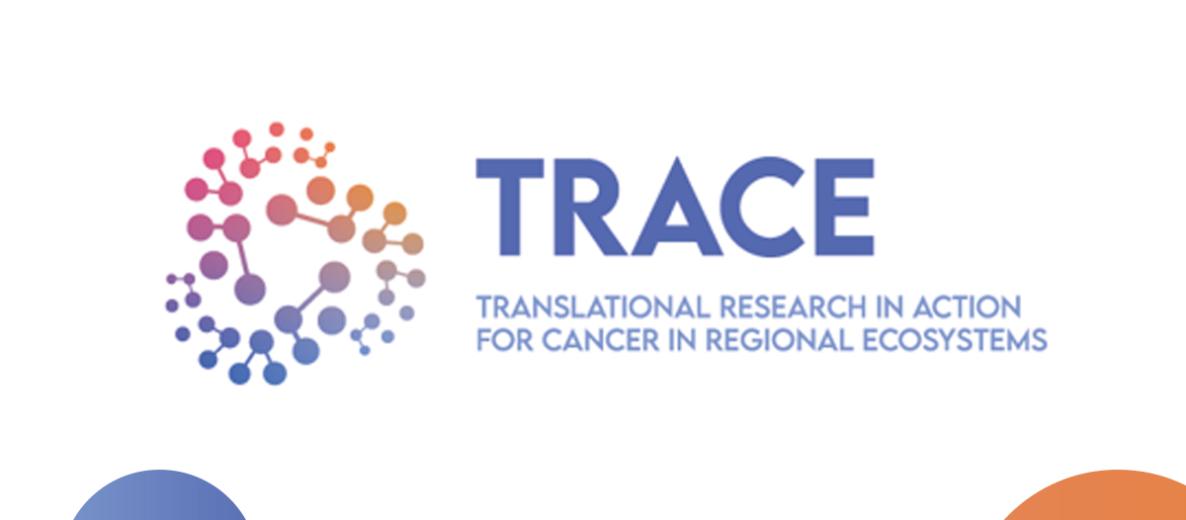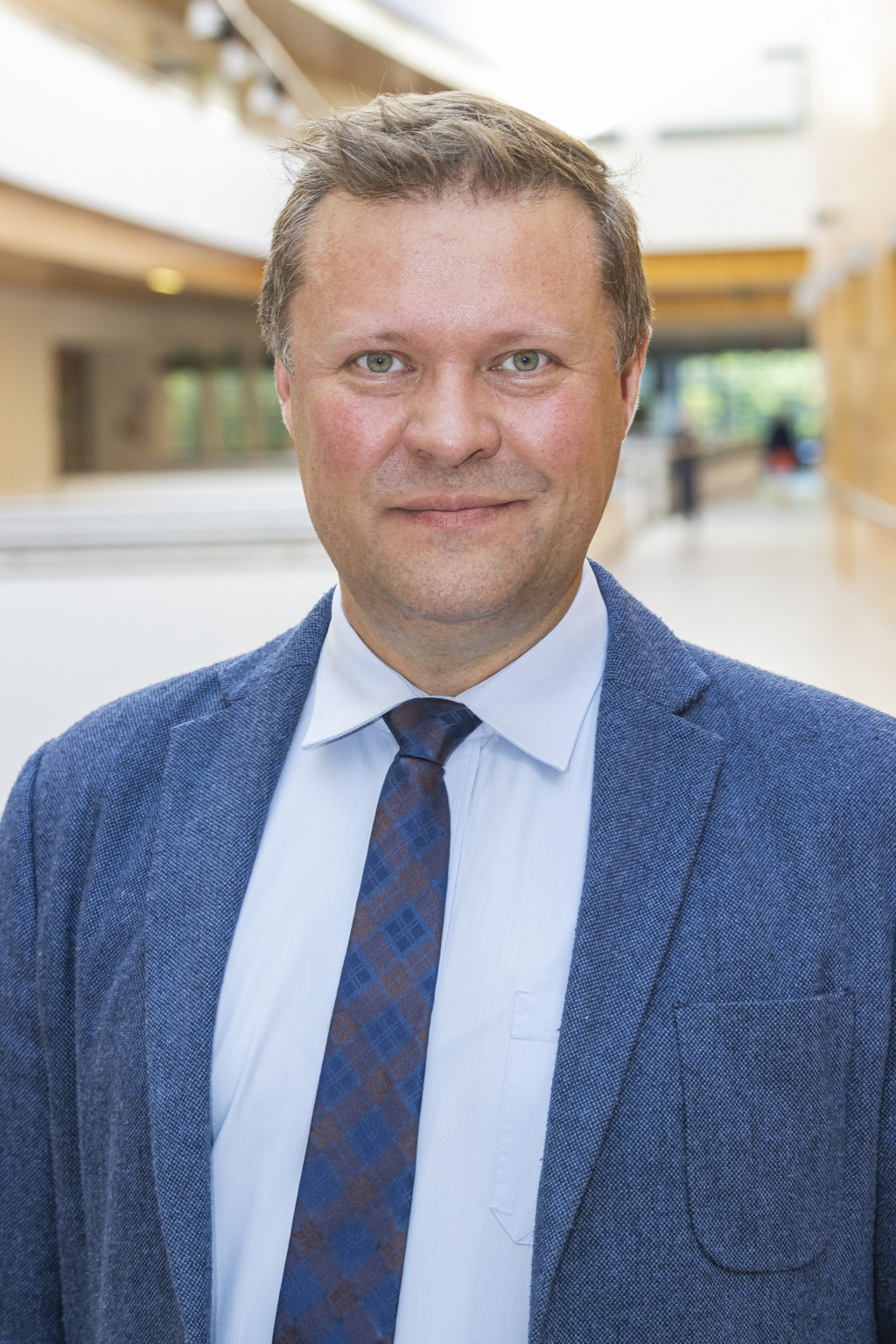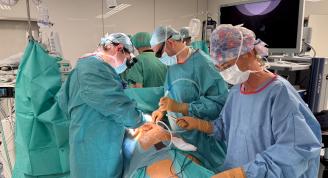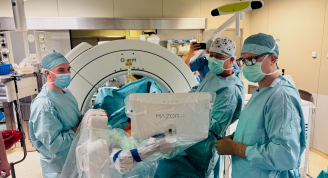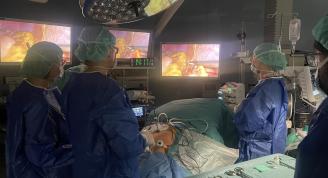Cancer has long remained one of the most pressing health challenges of modern societies. Each year, millions of people receive a diagnosis, and despite significant advances in oncology, treatment outcomes still depend largely on early detection. Prevention and timely diagnosis therefore play a crucial role in improving patients’ chances of successful recovery.
These key aspects will be at the heart of the TRACE project, funded under the Horizon Europe programme. Among the research teams involved are scientists from the Medical University of Gdańsk, led by Maciej Bobowicz, M.D., Ph.D. from the 2nd Department of Radiology.
The primary objective of TRACE is to strengthen and enhance solutions for cancer prevention and diagnostics in selected European countries – namely Portugal, Serbia, and Poland. Project partners will work collaboratively to identify and develop innovative approaches that can improve cancer detection and treatment outcomes, particularly among disadvantaged groups with limited access to healthcare services.
– What makes this project truly unique is its emphasis on synergy between academic institutions, healthcare system bodies, and patient organisations – explains Maciej Bobowicz, M.D., Ph.D. the Polish coordinator of the project. – Although TRACE is not a clinical project in the traditional sense, I am deeply convinced that its impact on clinical practice will be significant. Here, treatment is understood in a broader context — extending beyond the hospital or outpatient setting. We will analyse the healthcare system as a whole to identify elements that can be modified to improve patients’ awareness, knowledge, and access to preventive care. Ultimately, this translates into better health outcomes, more effective therapies, and longer lives for patients.
Given the nature of the planned activities, one of the key partners of the project is the Omea Life Foundation, which supports women diagnosed with breast cancer. The organisation will contribute its extensive experience, as well as a valuable patient-centred perspective and understanding of patient needs. A central methodological framework of the project will be the Living Labs approach, which facilitates the co-creation and testing of new solutions in real-life environments among their intended users — in this case, oncology patients. The team from the Medical University of Gdańsk will be responsible for developing and piloting innovative models and tools for health education and prevention.
The lead institution of the project TRACE – Translational Research in Action for Cancer in Regional Ecosystems is the National School of Public Health, part of NOVA University Lisbon – a Portuguese higher education institution with over 50 years of experience in educating public health professionals, conducting research, and contributing to population health advancement.
The TRACE consortium also includes SHINE 2Europe – a Portuguese company specialising in digital projects and educational tools, University of Novi Sad and Minds Europe Institute, both from Serbia, and F6S – a network of small and medium-sized enterprises based in Ireland.
Supporting partners include the Direção Geral de Saúde (Directorate-General of Health, Portugal) and IT Health, a company operating in the field of cybersecurity.
The TRACE – Translational Research in Action for Cancer in Regional Ecosystems project will run for four years, with a total budget of nearly EUR 2 million.
